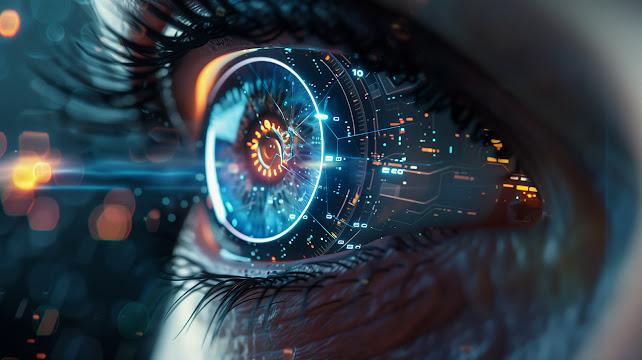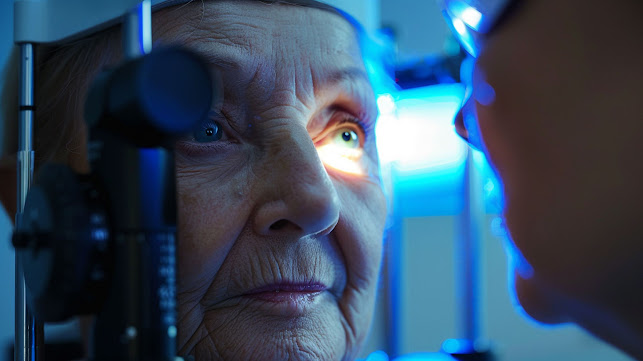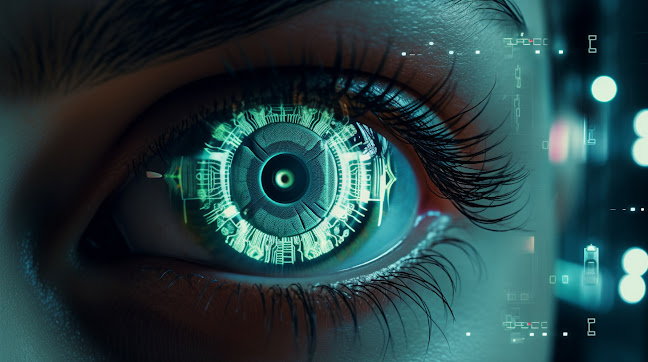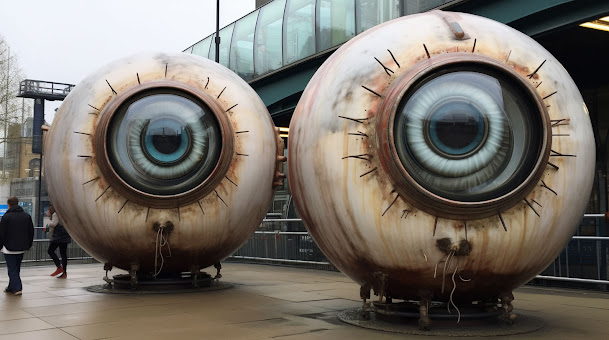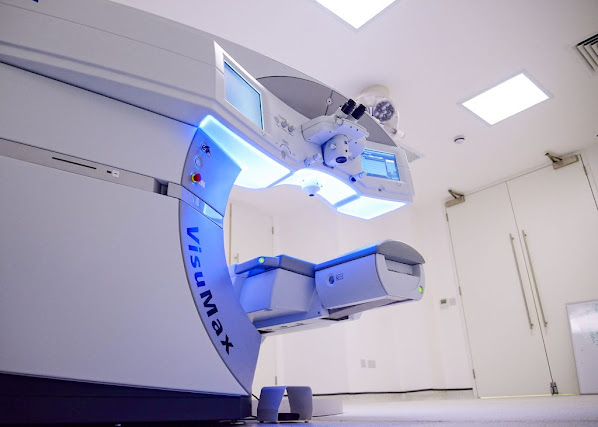Do You Have Glaucoma?

Glaucoma is a group of eye conditions that can cause damage to the optic nerve, which is crucial for good vision. This damage is often caused by abnormally high pressure in your eye. Here are some key points about glaucoma: 1. Types of Glaucoma: There are several types, the most common being open-angle glaucoma and angle-closure glaucoma. - Open-Angle Glaucoma: This is the most common type and occurs when the eye’s drainage canals become clogged over time. - Angle-Closure Glaucoma: This type is less common and occurs when the iris bulges forward to narrow or block the drainage angle formed by the cornea and iris. 2. Symptoms: In the early stages, glaucoma typically has no symptoms. As the disease progresses, symptoms may include: - Patchy blind spots in peripheral or central vision, often in both eyes. - Tunnel vision in the advanced stages. 3. Risk Factors: Several factors can increase the risk of developing glaucoma, inc...
